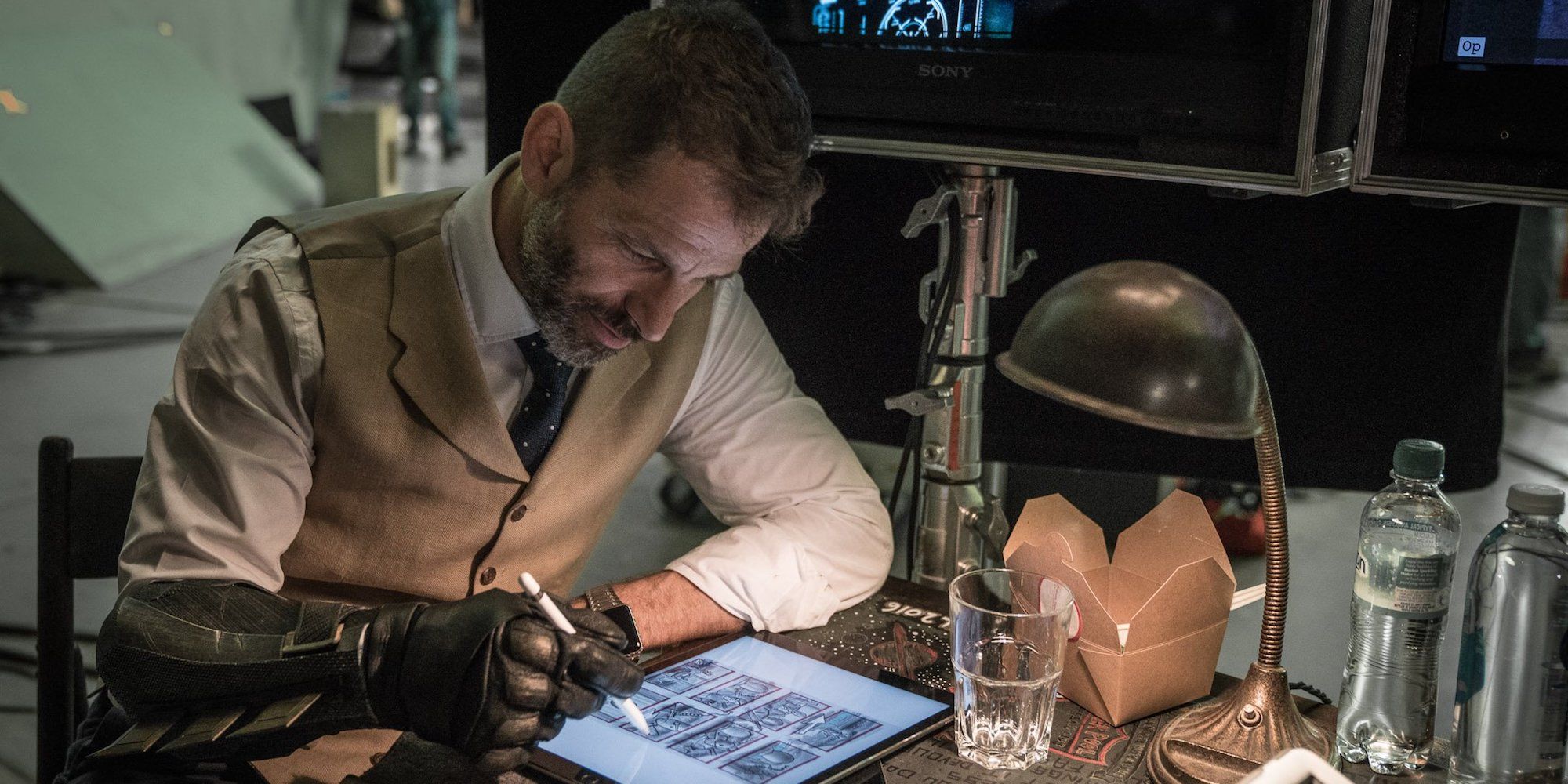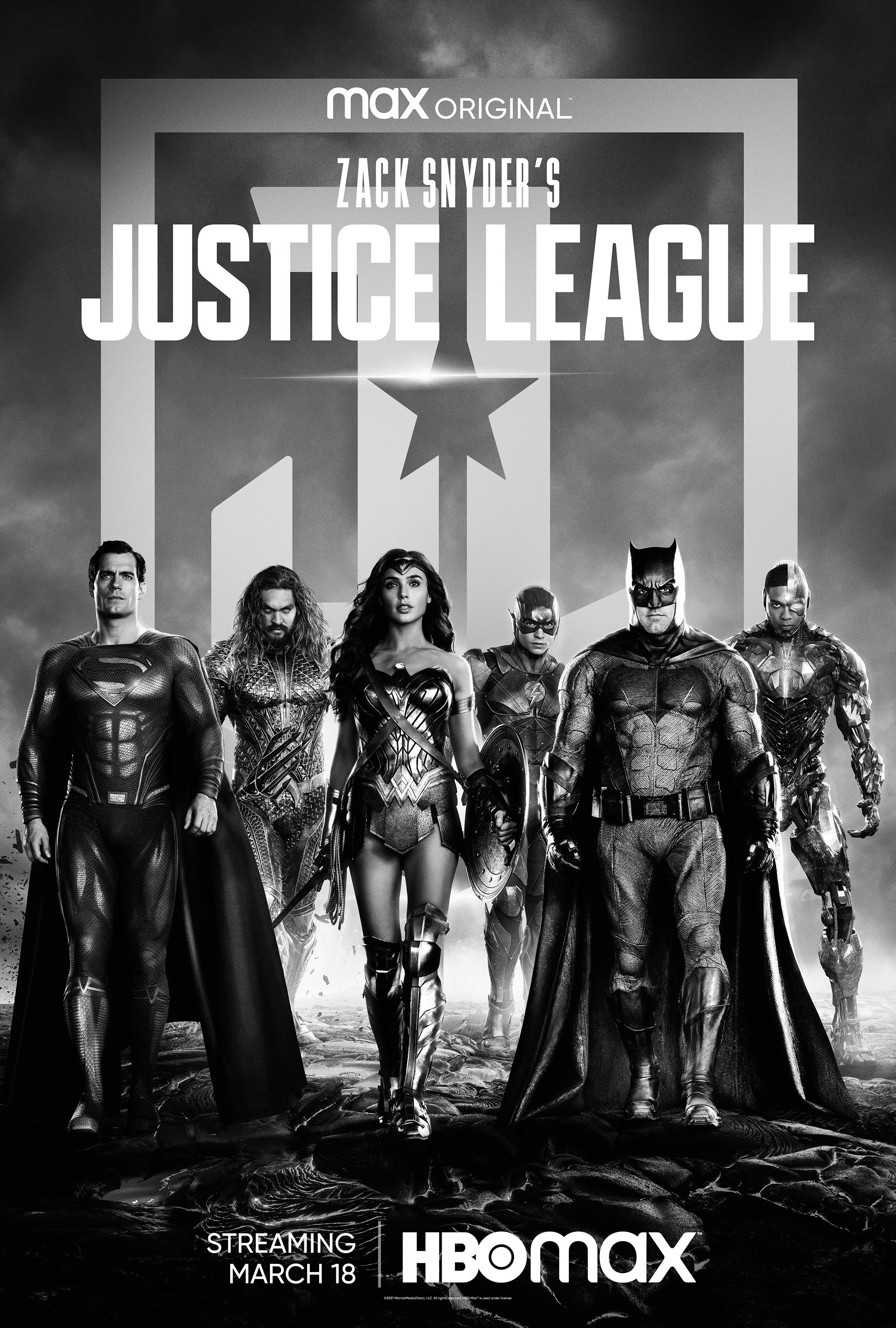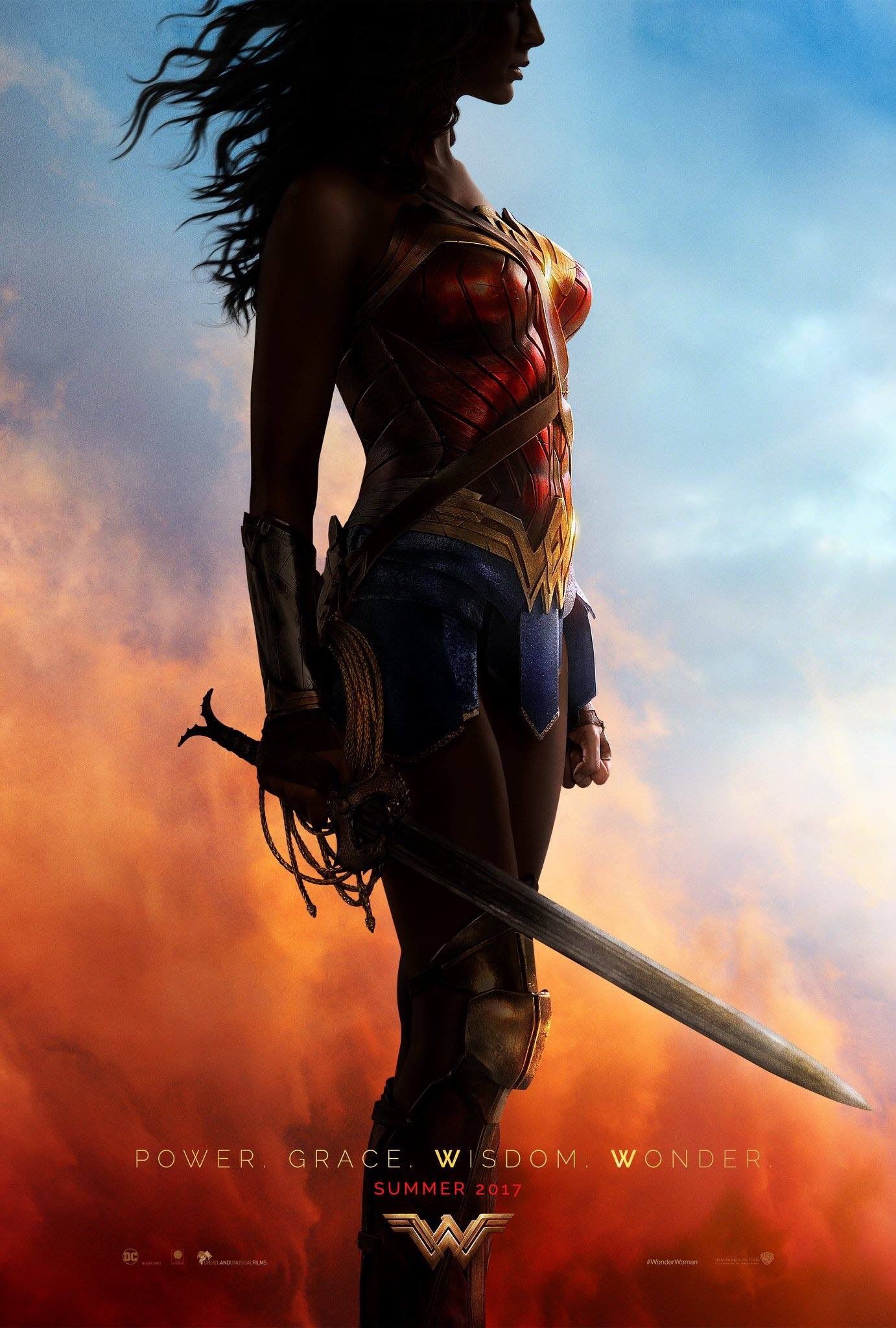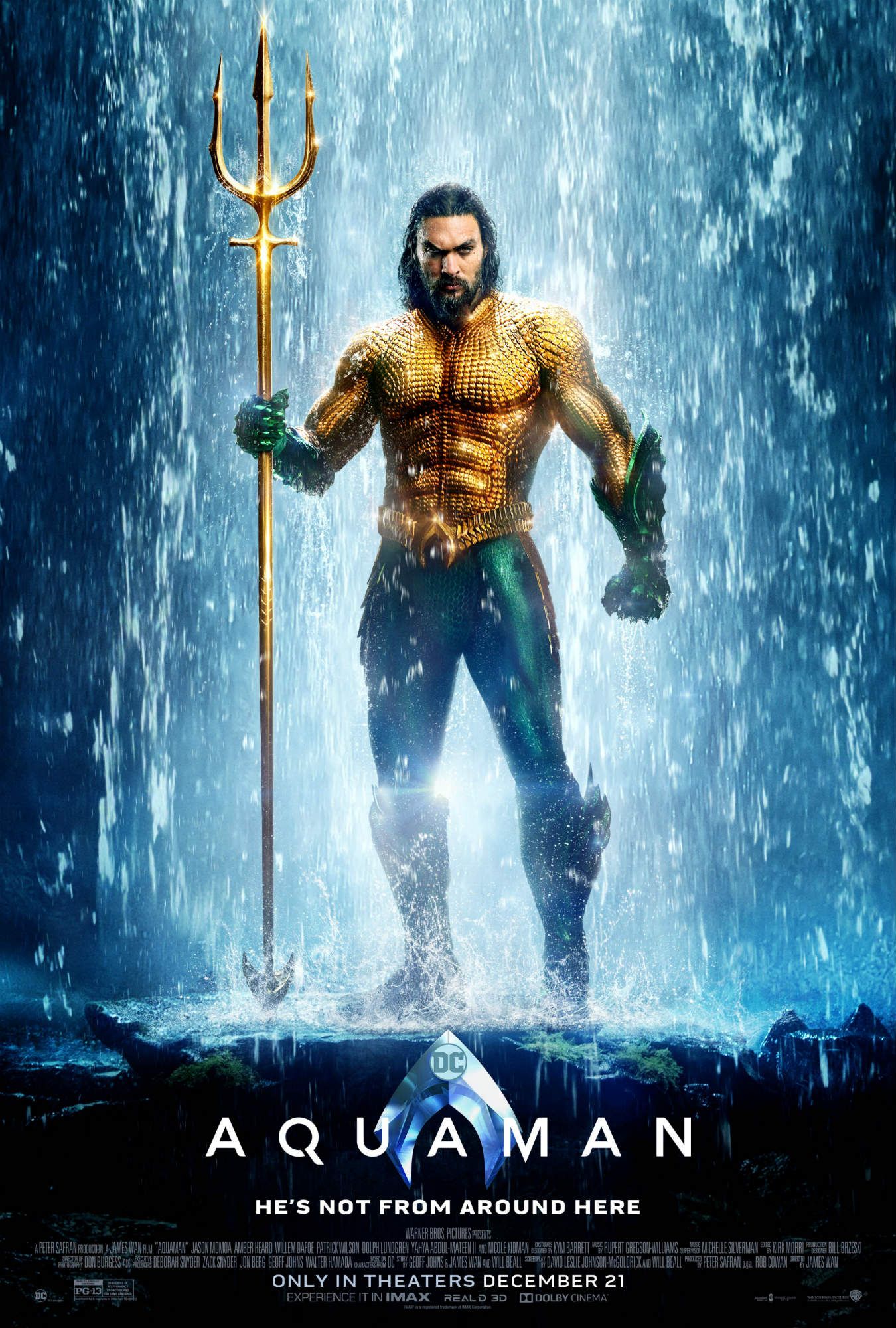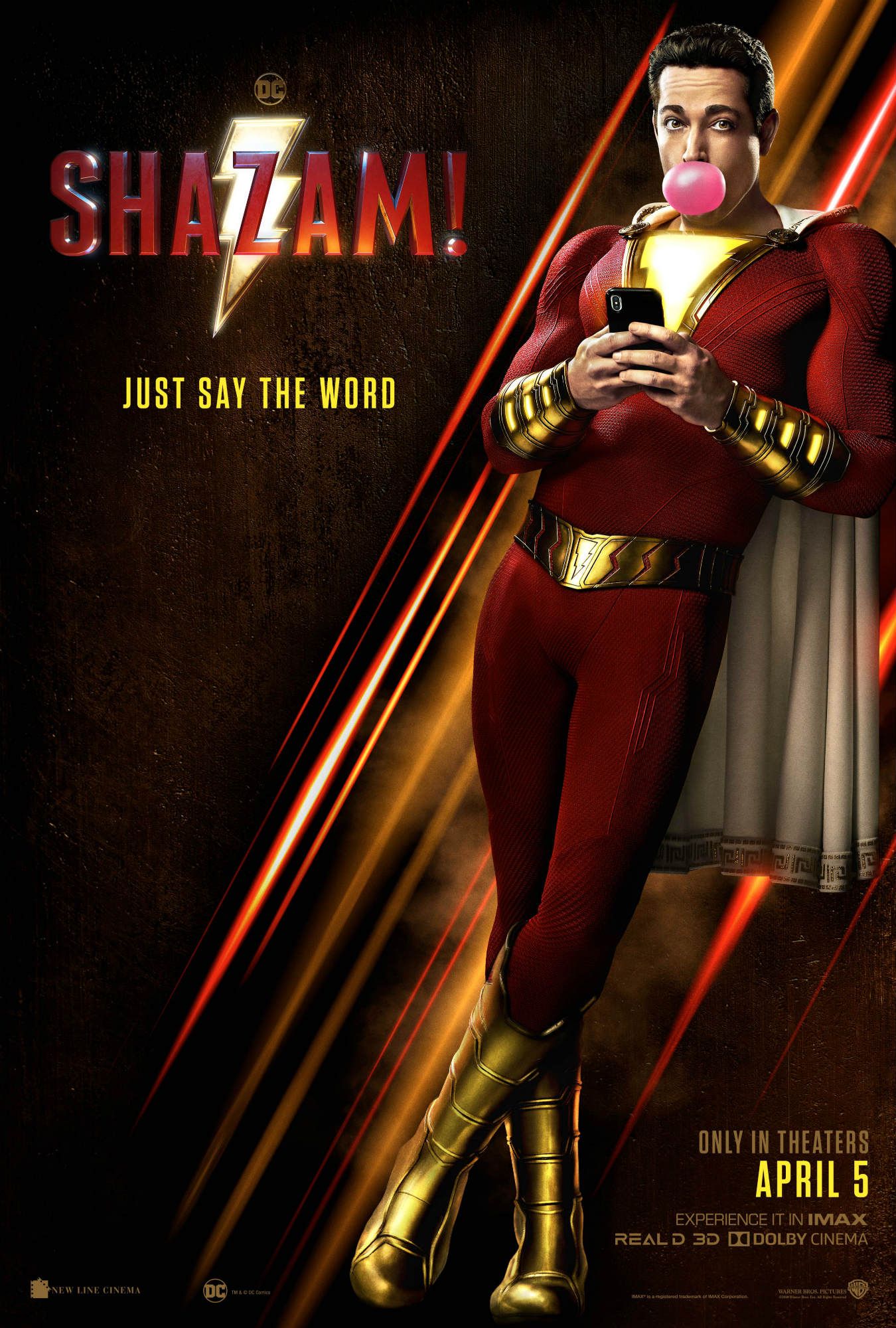Nearly ten years have now passed since Zack Snyder made a name for himself as a director, with his highly-stylized big screen adaptation of Frank Miller's grisly swords-and-sandals comic book adventure, 300. Although the film wasn't Snyder's first-time sitting in the director's chair (he had previously helmed the 2004 Dawn of the Dead remake), 300 established the filmmaker as someone who has a very distinct voice and visual tendencies, as a cinematic storyteller.
Snyder's work as a director since 300 has proven to be far more divisive by comparison, as evidenced by the range of impassioned critical and audience responses to his ambitious superhero/comic book projects Watchmen, Man of Steel and Batman V Superman: Dawn of Justice, as well as his own original, comic book-esque action movie, Sucker Punch. Nevertheless, Snyder has continued to earn the admiration of his collaborators on both sides of the camera through his film work, in addition to the respect of his fellow filmmakers - including, among others, Oscar-winner James Cameron.
Cameron has participated in a number of interviews recently, ahead of him starting production later this year on the four Avatar sequels that he's been planning for the past eight years now. In one such video interview (see the clip below), Cameron weighs in on his inspirations as a filmmaker. The Titanic and Avatar director reiterates his respect for Ridley Scott as a director during the interview, while also heaping his praises on such recent movies as Deadpool and active directors like Snyder, as well as Robert Rodriguez (who is currently directing the Cameron-produced Alita: Battle Angel adaptation).
Film directors who inspire James Cameron: Ridley Scott (Alien), @Rodriguez (Machete), @ZackSnyder (Man of Steel), Tim Miller (Deadpool) pic.twitter.com/ccUmfsOsL6— Megat Danial (@megatdanial) February 18, 2017
-
Snyder, as Cameron notes, is an established director at this stage, but his work on 300 was pretty revolutionary at the time and introduced a new "cinematic language", much in the same way that Michael Bay's own big-budget filmmaking techniques have set a precedent for other directors who have followed in the Transformers helmsman's footsteps. Both Snyder and Bay are similar in other senses too, with respect to how they are recognized as being quite proficient on a technical level (see: their abilities to create striking visuals and/or sophisticated action sequences), but often criticized for how they handle the narrative substance and tones of their films.
It's for similar reasons that the DC Comics fan community have what could be called a complicated relationship with Snyder, most recently with respect to their collective feelings about the groundwork for the DC Extended Universe laid by Snyder's Man of Steel and Batman V Superman. While the director has been openly responsive to the criticism of Batman V Superman in particular throughout production on his next DCEU installment, Justice League, the latter will nonetheless embrace the same "cinematic language" as Snyder's past movies have. How the subsequent critical and audience reception for Justice League differs (or doesn't) from its DCEU predecessors as a result, is something that we're all curious to find out.
Either way, Snyder has a pretty steadfast supporter in Cameron, by the sound of it. It will be all the more interesting then to see how much, if at all, the influence of Snyder's recent DCEU output makes itself visible in Cameron's own upcoming blockbuster offerings.
NEXT: Everything We Know About Justice League (So Far)
Source: James Cameron [via Twitter]

